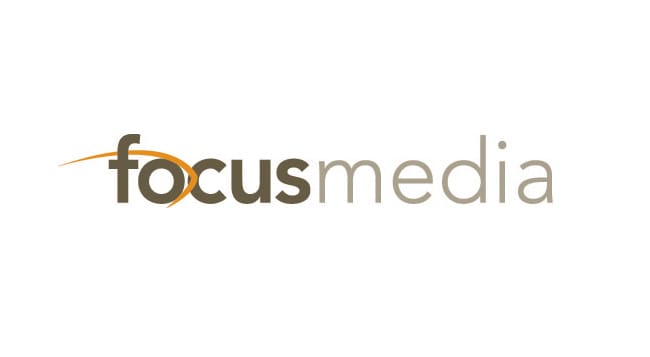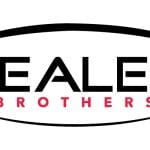MONROE, N.Y. (March 26, 2015) – Homeowners needing new hot water heaters should be aware of the new National Appliance Energy Conservation Act (NAECA) guidelines which go into effect April 16. This will require more energy efficient units to be available in the marketplace.
“Hot water heaters can last anywhere from seven to 10 years,” said Paul Nebrasky, owner and founder of Nebrasky Plumbing, Heating & Cooling in Monroe. “Every home, for the most part, has a hot water heater in it. These new NAECA standards will impact homeowners in a number of ways. We want people to be aware so they’re not caught off guard when the time comes to replace a unit.”
While more energy efficient, Nebrasky said the purchase price of those units will be anywhere from 20 to 40 percent higher than when a homeowner last purchased a replacement hot water heater because of the new technology.
Since the models are larger, there could also be unanticipated installation costs to reposition a new hot water heater in a different area of the home, as a new unit simply may not fit in the older model’s space. For some, that might mean installing a water heater with a smaller storage capacity or a unit with a similar storage capacity that may be larger in physical size than the existing heater.
For example, for water heaters under 55 gallons, the height of a new unit with the same gallon capacity as an existing unit may be two or more inches taller. The diameter of a new unit that has the same gallon capacity as an existing unit may be two or more inches wider.
Water heaters that are larger than 55 gallons will undergo the biggest changes. They may require more space, or may require consumers to switch models. All residential electric models larger than 55 gallons must now be of the hybrid electric heat pump water heater design. All residential gas models over 55 gallons must now be of the condensing water heater design.
“Chances are if you’re replacing a unit in a garage or full basement, the size changes won’t affect you,” said Nebrasky. “People who have units in closets or alcoves, or have access to the unit by using a narrow doorway may have some challenges where space is concerned.”
Is there anything homeowners can do now? Nebrasky suggests homeowners might want to consider looking at the age of their existing units and replacing them now.
Every unit’s lifespan depends on actual usage, the type of water used and other issues. But if the unit is close to the maximum lifespan, replacing it with a current marketplace model before the new guidelines are in effect will be a lesser cost than with a model sold under the new guidelines, Nebrasky said.
Further, Nebrasky added, replacing a borderline hot water heater now with the existing technology buys a homeowner time.
“You have a fresh seven-to-10-year timeline, although it could be more, or less, depending on usage, for the newer technology under the new guidelines to become tested and modified if need be,” he said. “And in the next seven to 10 years, the price point could even come down. Think of how it was when DVD players first came out.”
Nebrasky is stocking up on existing marketplace units now to be proactive.
The NAECA regulates energy consumption of specific household appliances and are part of the Energy Policy and Conservation Act (EPCA). Those standards were amended by the National Appliance Energy Conservation Act of 1987, the Energy Policy Act of 1992 and the Energy Policy Act of 2005. These standards ensure manufacturers are building products at the maximum energy efficiency levels as are technically feasible and economical to use.
The April 16 date only applies to the manufacture of water heaters, Nebrasky said.
To learn more, call Nebrasky Plumbing & Heating at 800-989-0299.
About Nebrasky Plumbing & Heating
Located in Monroe, N.Y., Nebrasky Plumbing, Heating & Cooling has been serving residential and business customers since 1988. The company has a staff of 30, and provides service 24 hours a day, seven days a week, 365 days a year. For additional information, visit www.nebraskyplumbing.com or call 1-800-989-0299.





